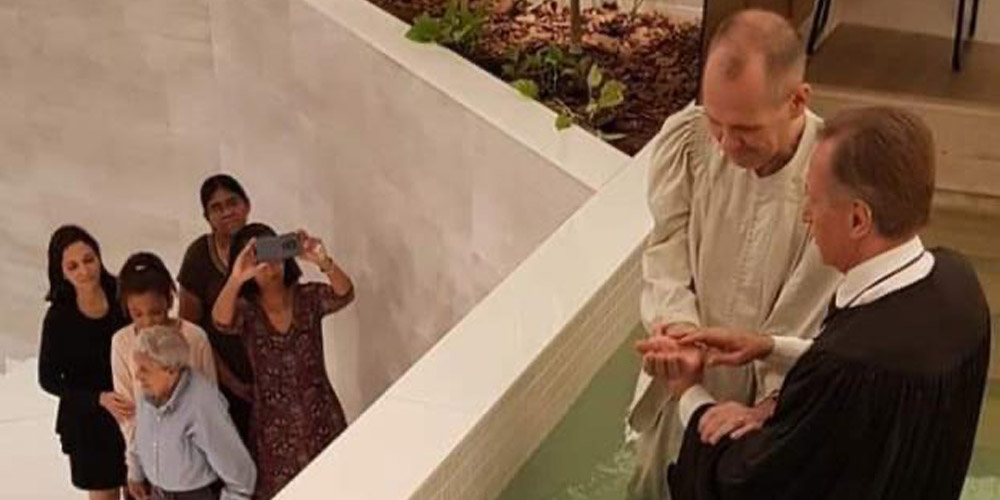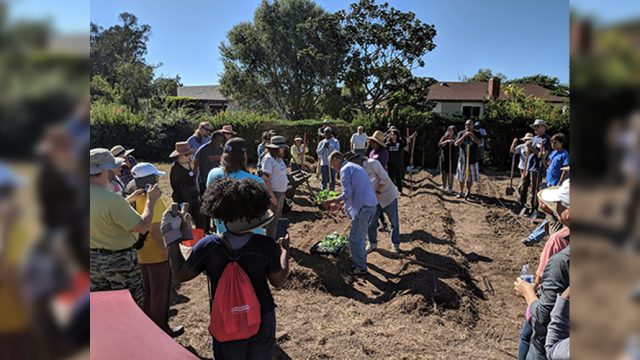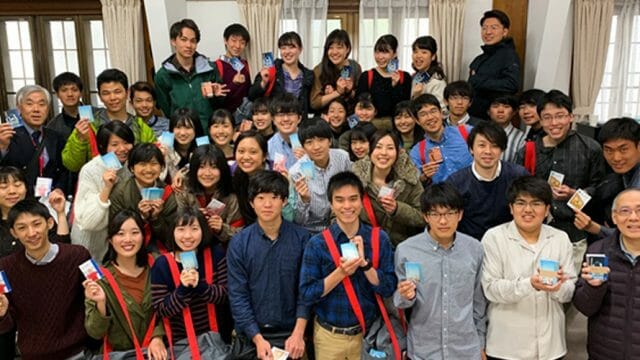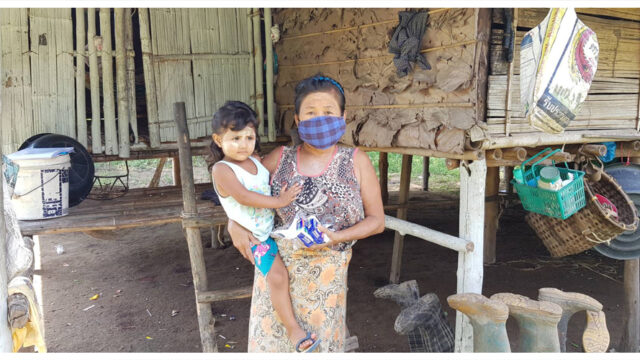New feature enlists virtual bots and human interaction, leads seekers to church.

Recently, the Seventh-day Adventist Church in Brazil, in partnership with Novo Tempo Digital Bible School, launched the option of studying the Bible through the WhatsApp chat app.
It is estimated WhatsApp is present on 98 percent of smartphones in Brazil, and, according to communication experts, it has changed the way people communicate worldwide.
According to Adventist Church leaders in the South American Division region (SAD), the new strategy came after observing user behavior on the Internet. The biggest news, they said, is the use of virtual bots for Bible study.
Digital strategy manager at the SAD headquarters Carlos Magalhães explained that WhatsApp allows for greater openness to chat and a way to relate more truthfully.
“In digital media, we realize that people want to have someone to listen to them empathically without judging them,” Magalhães said. “Besides offering attention and friendship, we are sharing hope through Bible study and prayer,” he added.
How It Works
Contact via WhatsApp can happen in three ways, leaders said. The first is a link for those who want to study the Bible individually. By accessing this link, the person is directed to the conversation within the app or the web version of WhatsApp. From that moment on, he or she follows the steps indicated by the virtual bot.
The second option is a link for a person who wants to study the Bible with a partner or with a group seeking Bible study. Accessing this link will take that person to the conversation in the app or web version of WhatsApp. As with the previous link, the person follows the steps indicated by the bot, which will guide them in how to create a group with others. The group then receives studies with the help of the bot.
Finally, the third way is a link for those who want to receive personal care, ask questions, or talk to the staff of the Digital Bible School. By accessing the link and sending a “Hello” greeting, the interested person gets registered and in line to receive an answer. In this mode, the service is provided by a human being and not by the virtual bot.
Currently, three types of studies are available, all of them in Portuguese: Family Matters, Teachings of Jesus, and Revelation of Hope. According to Digital Bible School coordinator William Timm, the informal style of language is one of the advantages of this method.
“It is a model that promotes confidence, a smooth and practical approach to Bible study,” Timm said. “Many feel comfortable and even open up about very personal things that bother them,” he added.
The practical nature of the approach goes beyond the convenience of having the possibility of having Bible study at the tips of one’s fingers. It also helps people who live in places where there is no Adventist presence, both in Brazil and in other countries. It does not depend on a physical encounter to get questions answered.
“In other cases, we already serve people who were prejudiced against the Adventist Church and now can overcome their negative ideas thanks to a simple WhatsApp conversation,” Timm said.
Promising Results
Currently, 7,400 people are studying the Bible through this method, and since its implementation, more than 20,000 have completed their studies, with more than 1,000 referrals to local churches. One of them was Rio de Janeiro’s Ivan Marchi, who said he was impressed by what he heard about Adventists.
“I looked for the Adventist Church because [I was drawn by] its evangelistic focus and its teachings on prayer,” Marchi said.
Marchi highlighted the easy access and time availability he enjoyed while studying the Bible via WhatsApp. He also commended the customer service he received during the process.
“It was very good service I received from the team,” Marchi said. “I kept on studying to the end [of the series] thanks to their dedication.”
After completing the Teachings of Jesus and Revelation of Hope series of studies, Marchi was connected to the Botafogo Seventh-day Adventist Church in Rio de Janeiro, where members took over. Recently, Marchi was baptized and became a member of the Adventist Church.
According to SAD communication director Rafael Rossi, the church must take the Bible where people are.
“Mobile and internet connections brought more information to people and a more effective and efficient way to communicate,” Rossi said. “The Adventist Church needs to reach people where they are, and with the resources they have available.”
The original version of this story was posted on the South American Division Portuguese-language news site.








